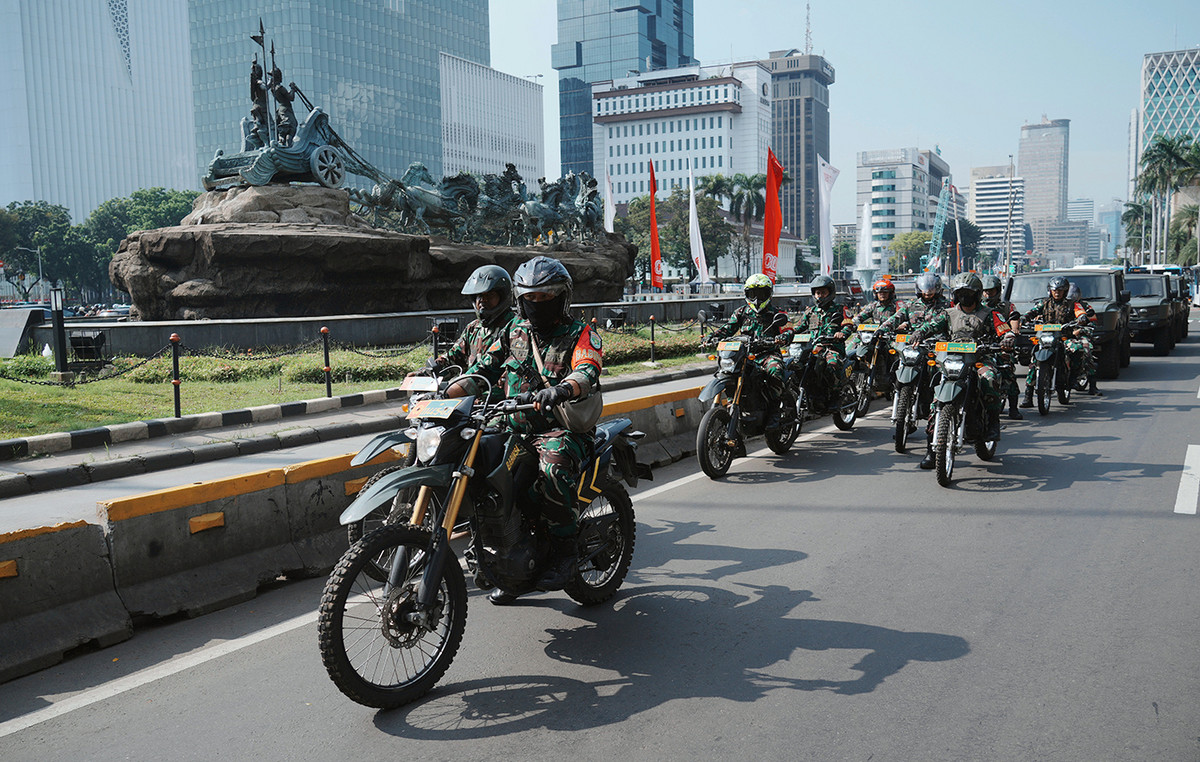Climate change exacerbates sanitation challenges in Brazil. The physical infrastructure of supply companies is directly affected by these climate variations, highlighting the need for strategic planning based on future scenarios.
This is what a study by the Trata Brasil institute, in partnership with Way Carbon, published this Tuesday (19) shows, which seeks to analyze these climate effects on the population and basic sanitation.
In the survey, it was possible to identify three topics that could most affect Brazilian basic sanitation;
Storms
Storms can increase sediments in water sources and overload drainage and sewage treatment systems, causing flooding, burst pipes and contamination of drinking water sources.
Heat wave
Heat waves can reduce the volume of water bodies, increase contamination and increase demand for energy, harming the population. Furthermore, these waves increase the demand for water, putting pressure on supply systems that are often already operating at the limit of their capacity.
Meteorological droughts
Meteorological droughts, intensified by climate change, affect the supply of water sources, reducing water availability and resulting in rationing or the use of lower quality alternative sources, which directly impacts the population by limiting access to basic sanitation services and increasing the risk of disease transmission.
These droughts worsen inequality in access to drinking water, especially in peripheral urban and rural areas, highlighting the urgent need for adaptation policies and sustainable management of water resources to mitigate adverse effects and ensure the resilience of the most vulnerable communities.
“In 2024 we will experience the impacts of climate change on our skin. The objective of this study was to understand the main threats and climate risks for access to water
treated and collection and treatment of sewage and, also, in which states the population is most exposed to these risks”, says Luana Pretto, executive president of Instituto Trata Brasil.
By regions
The survey also separates the risks by state, which impacts each region is most susceptible to.
Greater risk of supply affected by storms;
- Rio Grande do Sul, Espírito Santo and Rio de Janeiro
Greater risk of surface water contamination and impact on the sewage system in storms;
- Rio Grande do Sul and Santa Catarina
Greater risks of your water supply being affected by heat waves;
- Mato Grosso do Sul and Amazonas
Water supply system more vulnerable to meteorological droughts;
- Ceará, Rio Grande do Norte and Paraíba
This content was originally published in Climate change can harm Brazilian basic sanitation, says study on the CNN Brasil website.
Source: CNN Brasil
I’m James Harper, a highly experienced and accomplished news writer for World Stock Market. I have been writing in the Politics section of the website for over five years, providing readers with up-to-date and insightful information about current events in politics. My work is widely read and respected by many industry professionals as well as laymen.







